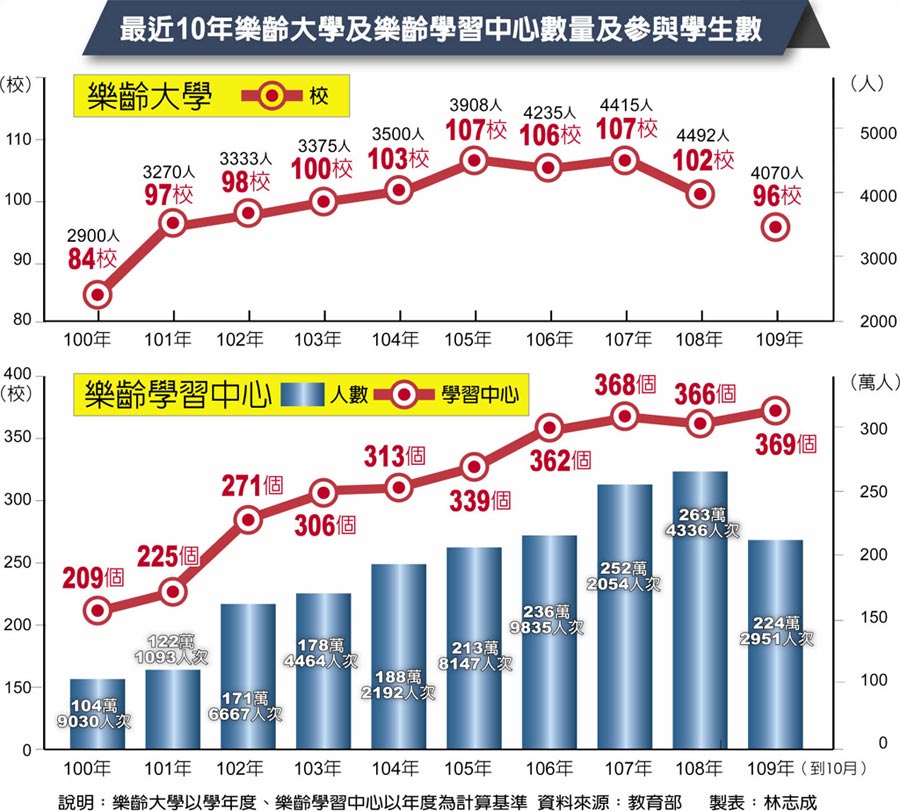Factors influencing the efficacy of nutritional interventions on muscle mass in older adults: a systematic review and meta-analysis
Aitana Martin-Cantero, Esmee M Reijnierse, Benjamin M T Gill, Andrea B Maier
Nutrition Reviews, nuaa064,
https://doi.org/10.1093/nutrit/nuaa064Published: 08 October 2020
Abstract
Context
Nutritional interventions stimulate muscle protein synthesis in older adults. To optimize muscle mass preservation and gains, several factors, including type, dose, frequency, timing, duration, and adherence have to be considered.
Objective
This systematic review and meta-analysis aimed to summarize these factors influencing the efficacy of nutritional interventions on muscle mass in older adults.
Data Sources
A systematic search was performed using the electronic databases MEDLINE, Embase, CINAHL, Cochrane Central Register of Controlled Trials, and SPORTDiscus from inception date to November 22, 2017, in accordance with the Preferred Reporting Items for Systematic Reviews and Meta-Analyses guidelines. Inclusion criteria included randomized controlled trials, mean or median age ≥65 years, and reporting muscle mass at baseline and postintervention. Exclusion criteria included genetically inherited diseases, anabolic drugs or hormone therapies, neuromuscular electrical stimulation, chronic kidney disease, kidney failure, neuromuscular disorders, and cancer.
Data Extraction
Extracted data included study characteristics (ie, population, sample size, age, sex), muscle mass measurements (ie, method, measure, unit), effect of the intervention vs the control group, and nutritional intervention factors (ie, type, composition, dose, duration, frequency, timing, and adherence).
Data Analysis
Standardized mean differences and 95%CIs were calculated from baseline to postintervention. A meta-analysis was performed using a random-effects model and grouped by the type of intervention.
Conclusions
Twenty-nine studies were included, encompassing 2255 participants (mean age, 78.1 years; SD, 2.22). Amino acids, creatine, β-hydroxy-β-methylbutyrate, and protein with amino acids supplementation significantly improved muscle mass. No effect was found for protein supplementation alone, protein and other components, and polyunsaturated fatty acids. High interstudy variability was observed regarding the dose, duration, and frequency, coupled with inconsistency in reporting timing and adherence. Overall, several nutritional interventions could be effective to improve muscle mass measures in older adults. Because of the substantial variability of the intervention factors among studies, the optimum profile is yet to be established.
Systematic Review Registration
PROSPERO registration no. CRD42018111306.
Keywords:aged, muscle mass, nutrition therapy, sarcopenia
Topic:
amino acidspolyunsaturated fatty acidscreatineolder adultmuscle massIssue Section:
Special article
